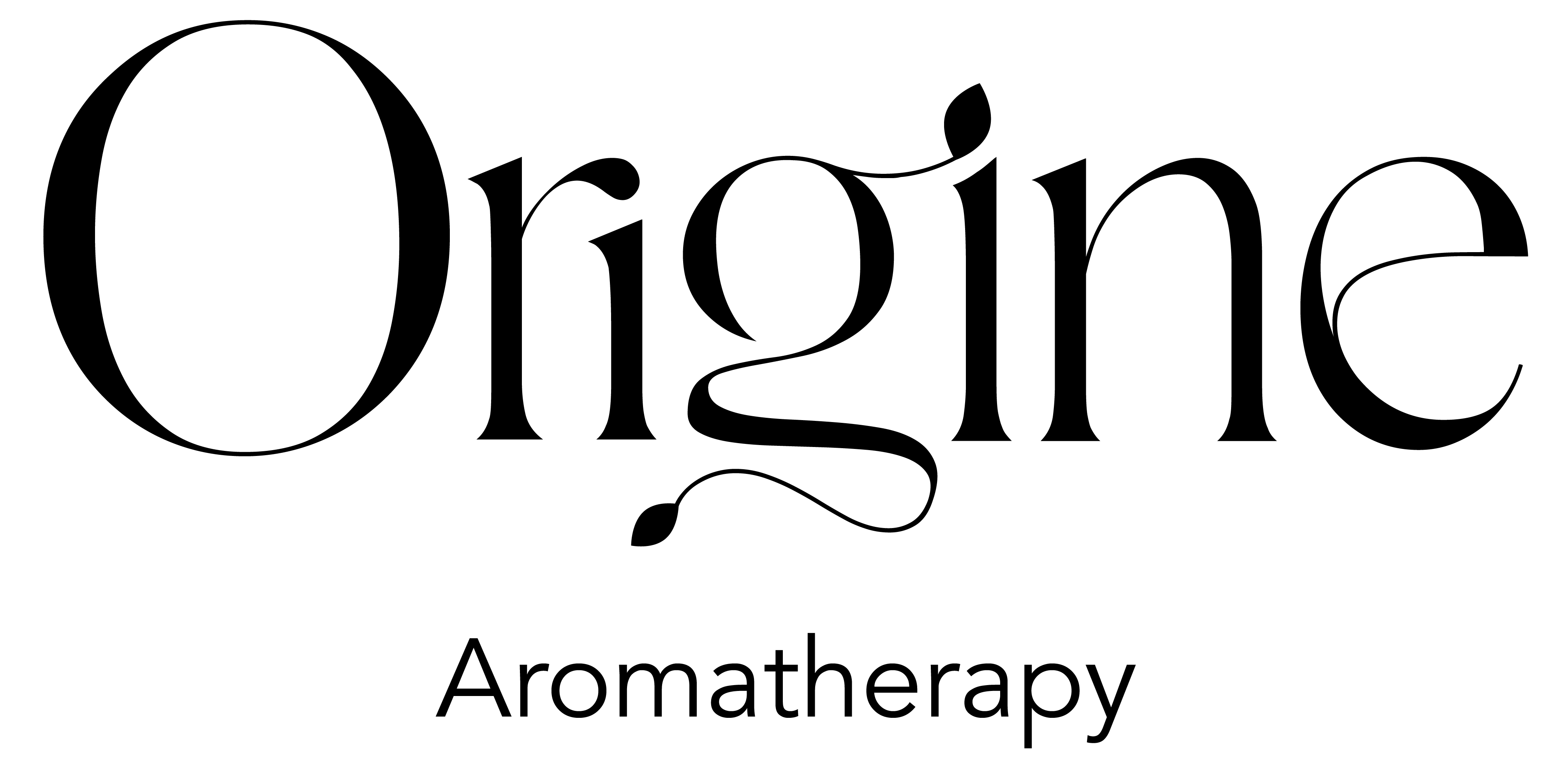Aromatherapy is more than just a trend; it's a practice rooted in centuries of tradition and wisdom. At Origine Aromatherapy, we honor the ancient art of harnessing the power of essential oils to promote healing, balance, and well-being. Join us on a journey through the fascinating history of aromatherapy, where we explore its origins, evolution, and enduring significance.
Ancient Beginnings: The Origins of Aromatherapy
The use of aromatic plants and essential oils can be traced back thousands of years to some of the earliest civilizations.
-
Ancient Egypt: The Egyptians were pioneers in the art of aromatherapy, utilizing aromatic oils for medicinal, spiritual, and cosmetic purposes. Oils such as frankincense, myrrh, and cedarwood were integral to religious rituals, embalming practices, and daily beauty routines. The Ebers Papyrus, an ancient Egyptian medical text dating back to 1500 BC, contains detailed descriptions of the therapeutic uses of these oils.
-
Ancient China: In China, the use of aromatic herbs and oils dates back to the time of Shen Nong, the legendary Emperor known as the "Divine Farmer." His contributions to herbal medicine laid the foundation for traditional Chinese medicine, which includes the use of aromatic plants for healing. Incense was often burned in temples and homes to purify the air and promote spiritual well-being.
-
Ancient India: The practice of Ayurveda, one of the world’s oldest holistic healing systems, has incorporated essential oils for over 3,000 years. Oils like sandalwood, jasmine, and patchouli were used to balance the body, mind, and spirit. Ayurvedic texts, such as the Charaka Samhita, detail the use of aromatic plants in various therapeutic treatments.
The Classical Era: Expansion and Innovation
The Greeks and Romans further developed the art of aromatherapy, refining and expanding its use.
-
Ancient Greece: Hippocrates, known as the "Father of Medicine," was a strong advocate of aromatherapy. He emphasized the importance of aromatic baths, massages, and inhalations for overall health. The Greek philosopher Theophrastus wrote extensively about the properties of aromatic plants in his work "On Odours," furthering the scientific understanding of essential oils.
-
Ancient Rome: The Romans adopted and adapted Greek knowledge, incorporating aromatherapy into their daily lives. They used aromatic oils in public baths, perfumes, and massages. Roman soldiers carried vials of essential oils with them into battle for wound care and to boost their morale.
The Middle Ages: Preservation and Advancement
During the Middle Ages, the knowledge of aromatherapy was preserved and expanded upon, particularly by scholars in the Islamic world.
-
Arab Influence: The Persian polymath Avicenna was instrumental in advancing the art of aromatherapy. He is credited with developing the process of distillation, which made it possible to extract essential oils more efficiently. His seminal work, "The Canon of Medicine," detailed the therapeutic uses of aromatic plants and laid the groundwork for modern aromatherapy.
-
Medieval Europe: In Europe, the use of aromatic herbs and oils continued in monasteries, where monks cultivated medicinal gardens. During the plague, herbs like rosemary, lavender, and thyme were used for their believed protective properties. The knowledge of aromatherapy was preserved and passed down through generations, even as much of the continent struggled through the Dark Ages.
The Renaissance and Beyond: A Revival of Natural Healing
The Renaissance marked a resurgence of interest in natural remedies, including aromatherapy.
-
Paracelsus: The Swiss physician Paracelsus emphasized the importance of the "essence" of plants in medicine, which closely aligns with the principles of modern aromatherapy. He believed that essential oils held the concentrated power of the plant and could be used to treat various ailments.
-
The Age of Exploration: The exploration of new lands introduced Europeans to a wealth of new plants and oils, such as tea tree, eucalyptus, and clove. These discoveries broadened the scope of aromatherapy and contributed to its growing popularity.
The Modern Era: The Birth of Contemporary Aromatherapy
The early 20th century saw the formalization of aromatherapy as a distinct therapeutic practice.
-
René-Maurice Gattefossé: A French chemist, Gattefossé is often credited with founding modern aromatherapy. After a lab accident where he discovered the healing properties of lavender oil on a burn, he devoted his life to studying essential oils and their therapeutic applications. He coined the term "aromatherapy" in 1937.
-
Jean Valnet: A French physician, Valnet furthered the clinical use of essential oils during World War II, using them to treat soldiers’ wounds. His book "The Practice of Aromatherapy" helped to popularize the practice and established its legitimacy in the medical community.
-
Marguerite Maury: An Austrian biochemist, Maury introduced the concept of personalized aromatherapy, tailoring essential oil treatments to individual needs. Her work brought a more holistic approach to aromatherapy, integrating it into beauty and wellness practices.
Aromatherapy Today: A Global Practice
Today, aromatherapy is recognized and practiced around the world as a complementary therapy. Essential oils are used for everything from promoting relaxation and reducing stress to supporting skin health and boosting immunity. The timeless art of aromatherapy continues to thrive, offering a natural, holistic approach to well-being.
Embrace the Ancient Wisdom with Origine Aromatherapy
At Origine Aromatherapy, we honor the rich history of this ancient practice by offering a range of natural, pure essential oils crafted with care and respect for nature. Whether you are looking to relax, rejuvenate, or find balance, our products are designed to support your journey to holistic well-being.
Explore our collection and experience the timeless art of aromatherapy for yourself. Let the wisdom of the past guide you to a healthier, more balanced life today.






